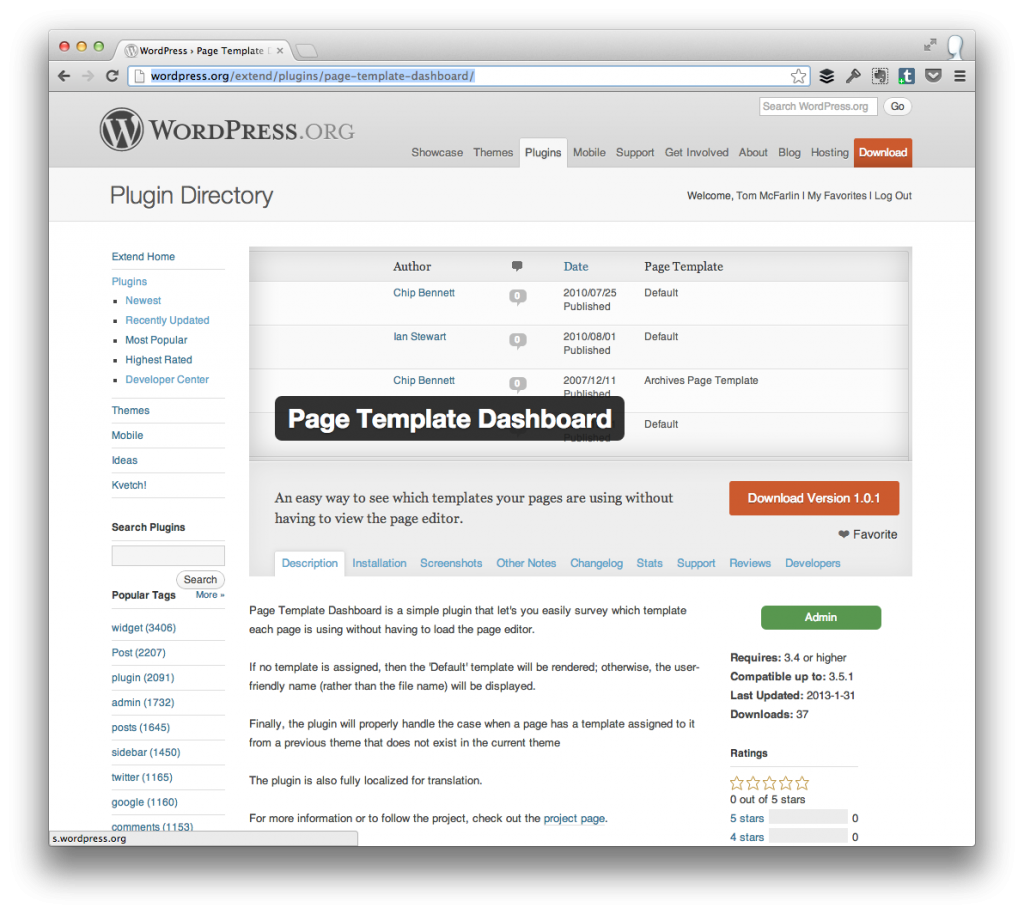Last week, I did a short review of Static for iPhone. Though you can read the entire review on the post itself, I think it’s worth reiterating a couple of points.
First, here’s Static’s claim:
Static is the easiest way to view the most important statistics from Twitter, Google Analytics, Instagram, Dribbble, and Github.
Secondly, I think that the app stays true to its vision. The user interface is intuitive, looks good, and the developers have released two small updates since my last review.
With that said, here are the winners (completely chosen at random):






